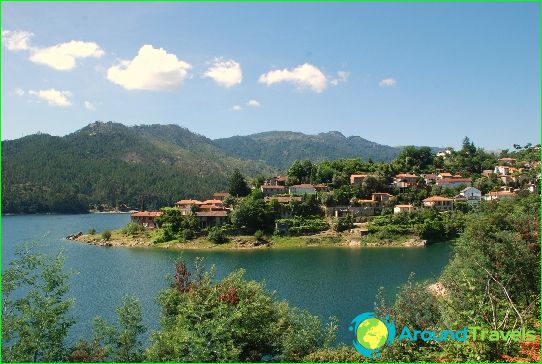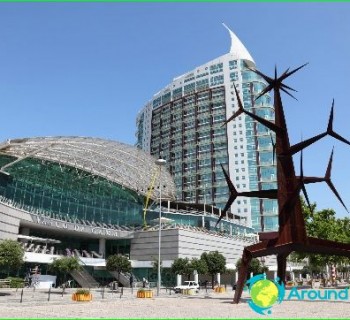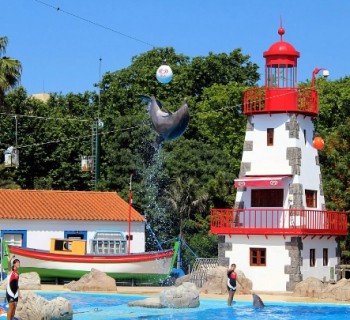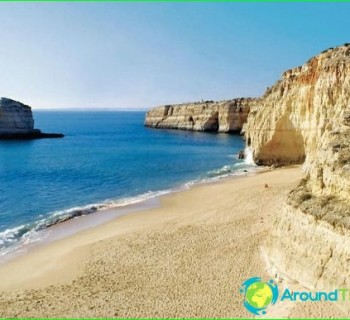Provinces of Portugal
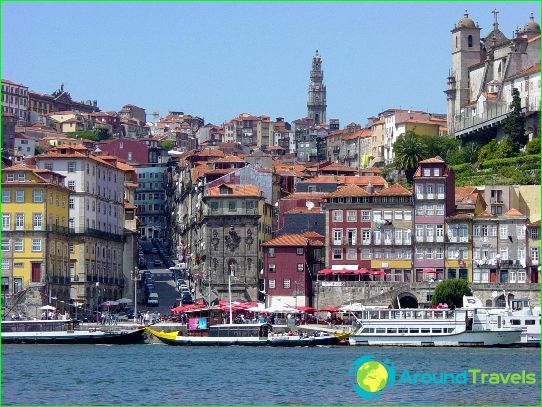
From 1936 to 1976, Portugal was divided into several provinces: Algarve, Alto Alentejo, Baixu Alentejo, Beira Alta, Beira Baixa, Beira Baixa, Beira Litoral, Douro Litoral, Minho, Ribatejo, Traz-uz-Montis, Altu Doura, Estrema. Currently, the name of these provinces is retained.
Algarve
The Algarve is an economic and statistical region located in the south of Portugal. The administrative center is Faro, which also has the status of the capital. Faro is a small town with a fortress wall and a local history museum. It is important to note that Faro is often used as a starting point for exciting travels in the southern regions of Portugal..
Alto Alentejo
Alto Alentejo is a historic province of Portugal. The center is the city of Evora. The region attracts tourists with the opportunity to taste delicious wines, unusual cheeses and local sweets. Tourists can also appreciate the beautiful olive groves, meadows and vineyards. It is important to note that UNESCO declared Évora a World Cultural Monument in 1986. Travelers admire the numerous attractions, and the most ancient monument is the Roman temple, the construction of which took place in the 2nd - 3rd centuries AD.
Douro Litoral
Douro Litoral is a historic province of Portugal. The center of the province is the city of Porto. It is important to note that Douro Litoral existed until 1976, and is now divided between several sub-regions: Greater Porto, Tamega, Entre Douro y Vouga, Ave. Coast included in the tourist area of the Costa Verde.
Porto is one of the oldest European cities, the former capital of Portugal and the birthplace of port wine. What sights can be seen in Porto?
- Avenida dos Aliados is characterized by houses that were built in the late 19th - early 20th century.
- One of the finest examples of late Baroque garden art is the Porto Botanical Garden.
- In the suburb of Porto, known as Vila Nova de Gaia, there are cellars in which port is stored. It also houses the Port Wine Museum.
- Other attractions include the Clerigos Church, the glass dome of the Stock Exchange, the Romanesque Cathedral of Se.
Estremadura
Estremadura is a historic province of Portugal that lies close to the Atlantic coast. This province includes Lisbon, the current capital of Portugal. There are few attractions here, because in 1755 the city was almost completely destroyed by an earthquake, tsunami and strong fires. The Marquis de Pombal developed a project that allowed Lisbon to be reborn from the ruins. Nowadays, the capital of Portugal and its suburbs are attracted by numerous temples and palaces: Ajuda Palace (15th century), São Bento Palace (17th century), Mafra Palace, Queluz Palace.

